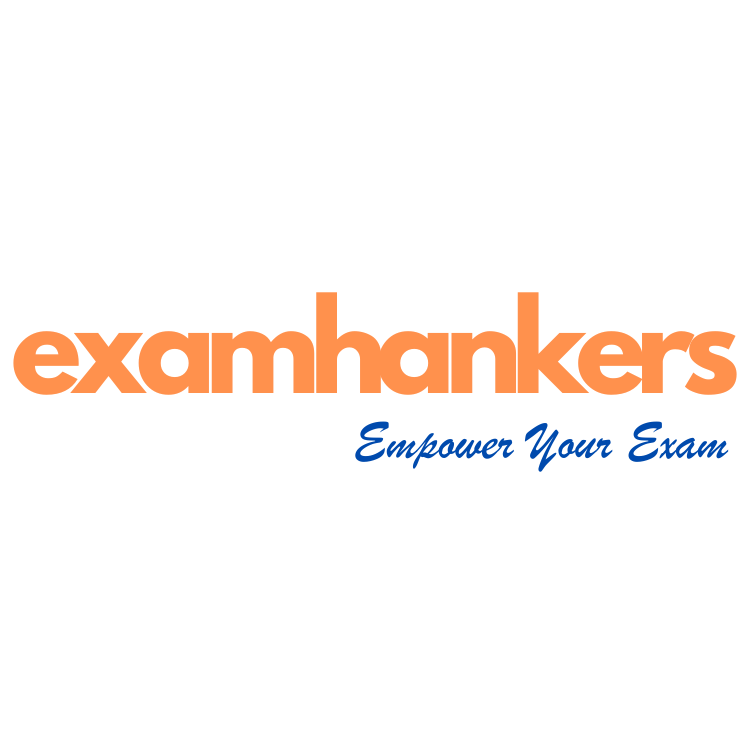Exploring Our Extensive Book Collection
Our extensive book collection serves as a vital resource for students at various academic levels, spanning from high school to university. The diversity of genres and subjects represented in our library is tailored to meet the learning needs of students across different fields of study. Whether a student is pursuing humanities, sciences, or technical courses, there is a wealth of literature available that can significantly enhance their academic experience.
The selection includes textbooks, reference materials, journals, and supplementary readings that not only provide essential information but also foster a deeper understanding of core concepts. The integration of various educational materials allows students to approach their studies from multiple perspectives, promoting critical thinking and encouraging retention of knowledge. Furthermore, students can find works that align with their specific curriculum while also exploring interdisciplinary connections that might arise in their studies.
When selecting books, it is crucial to assess both the relevance and the depth of the material. Students are encouraged to consider their current coursework and identify specific areas where further clarification or insight is required. Additionally, utilizing supplemental texts alongside primary readings can enrich their understanding and retention of complex subject matter. It is wise to emphasize the importance of reviewing book synopses or summaries before committing to a title, ensuring that the material is appropriate for their learning objectives.
Moreover, engaging actively with the texts by taking notes, highlighting key concepts, and discussing readings with peers can significantly enhance the learning process. By effectively curating a personal book collection that aligns with their academic goals, students can achieve greater academic success and develop a lasting appreciation for the subjects they study.
Maximizing Your Study with Assignments and Previous Question Papers
Assignments and previous question papers play a crucial role in enhancing a student’s learning experience. Engaging with assignments not only reinforces the material covered in class but also promotes the development of critical thinking and problem-solving skills. When students work on assignments, they are compelled to analyze concepts deeply and apply theoretical knowledge to practical scenarios. This process helps solidify their understanding and enables them to approach exams with greater confidence.
On the other hand, previous question papers serve as an essential resource for students preparing for assessments. By familiarizing themselves with the format of past examinations, students can better anticipate the types of questions they may encounter. This familiarity reduces anxiety and allows students to allocate their study time more effectively. Furthermore, reviewing previous questions aids in identifying frequently tested concepts, enabling learners to focus on key topics that are more likely to appear in their upcoming examinations.
To maximize the benefits of assignments and past papers, students should adopt strategic approaches. Time management is vital; allocating specific periods for completing assignments and practicing past questions can enhance productivity significantly. Creating a study schedule that incorporates both the completion of assignments and the practice of previous exam questions helps students maintain a balance between mastering new content and revising what they have learned.
Additionally, students can further their study efforts by forming study groups. Discussing assignments collectively encourages collaboration, allows diverse perspectives on the material, and can lead to a deeper understanding. Similarly, working through past question papers in a group setting fosters a supportive environment where peers can share strategies and tackle challenging questions together, thereby enhancing overall preparation.
